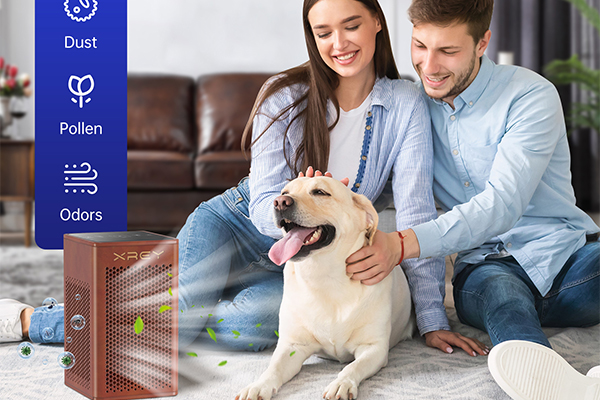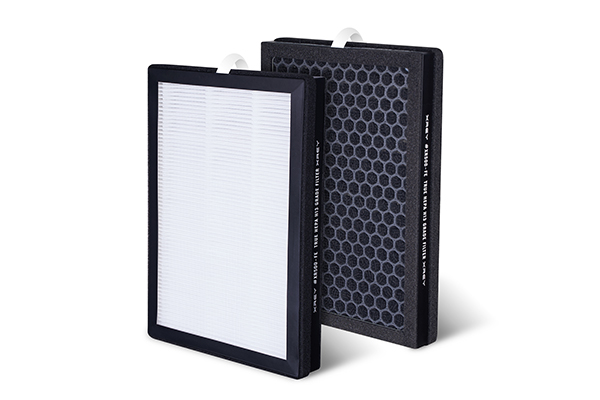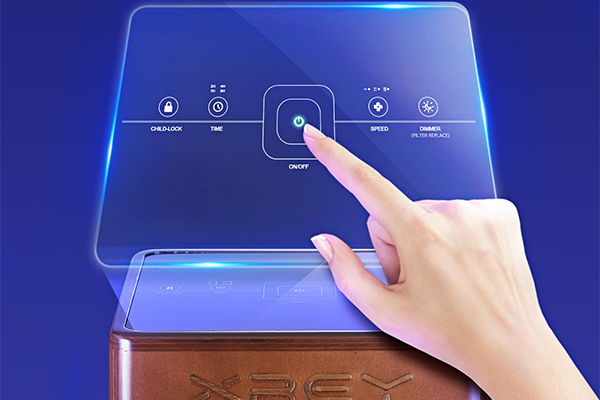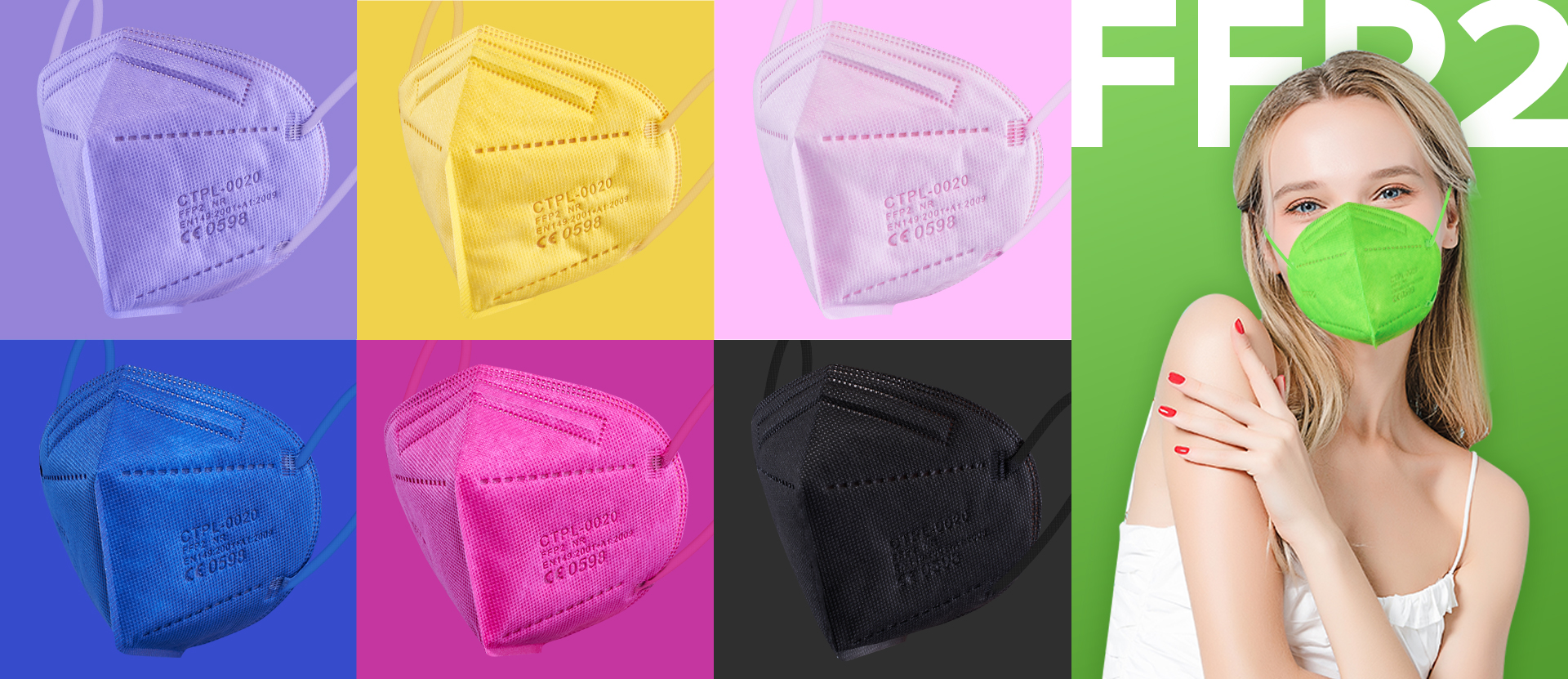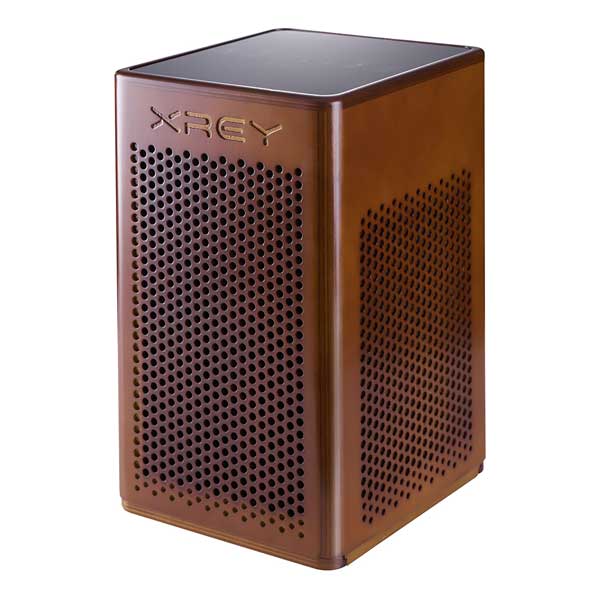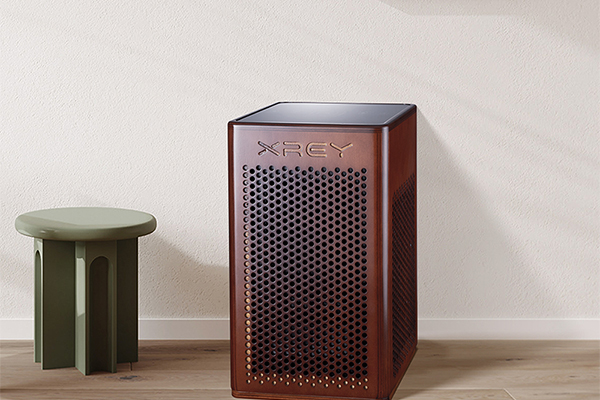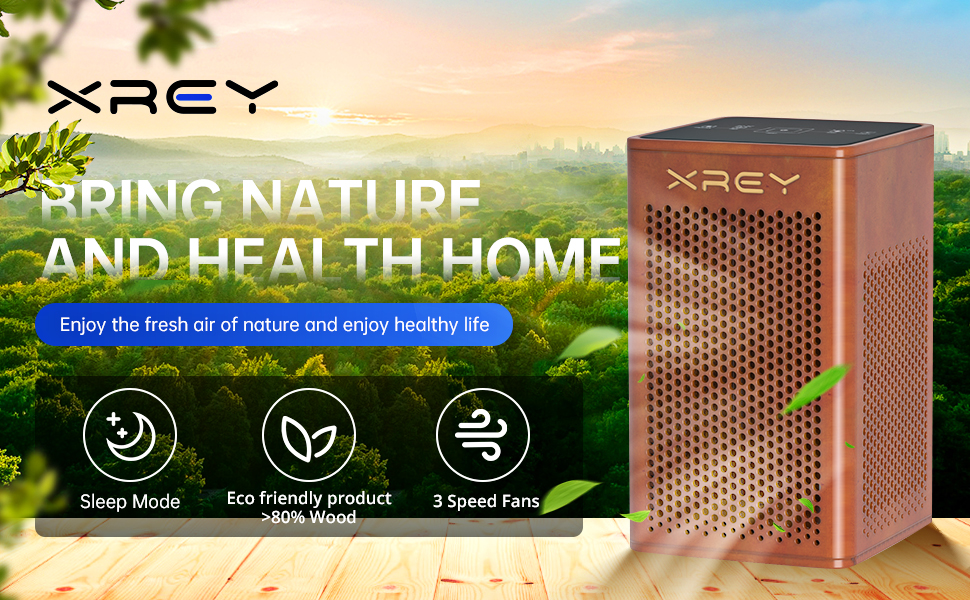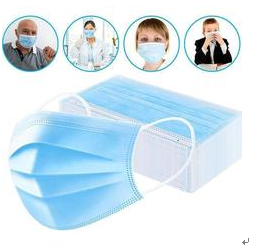How do you know what makes a good air pollution mask? You’d be surprised how few people know exactly what to look for.
Let’s get into the details – what pollution masks are actually effective according to national standards, what features you should prioritize, and what the best options are out there to purchase.
1.It's this mask certified?
According to the Chinese national standard GB2626-2006, dust masks (non-oily particles only) are divided into the following levels according to filtration efficiency:
- KN90: ≥ 90% of particulate matter
- KN95: ≥ 95% of particulate matter
- KN100: ≥99.97% of particulate matter
For reference, the IQAir Mask, one of the highest-efficiency pollution masks available to consumers, is KN95-certified, filtering non-oily particles down to 0.075 microns in diameter with 95% efficiency. For all you safety geeks out there, this widely used Chinese standard is equivalent to the N95 standard used by the National Institute for Occupational Safety and Health (NIOSH), with which the IQAir Mask is also compliant
Don’t use any masks that don’t have any of these certifications, as they are likely not tested to filter out the most common pollutant particles, such as PM2.5 and PM10. We don’t recommend that you rely on these during periods of heavy pollution.
The IQAir Mask meets (and, in many ways, exceeds) this standard using a multi-layer filter medium with dense layers of fibers to block pollutants in the air from entering your respiratory system. And to ensure that it’s comfortable and stylish, the IQAir Mask material has been designed to be as thin as possible without sacrificing filtration efficiency, which also ensures less respiratory resistance and a longer product lifespan.
Here’s how the multi-layer design works:
- Top layer: filters large particles
- Middle layer: filters small particles
- Inner layer: allows moisture to escape
Keep in mind, though, that just because an air pollution mask is certified doesn’t mean that it’s actually filtering out 95% of particles when you’re out in the wild using it. This certification is achieved in ideal, controlled laboratory settings. Read on for the other considerations you’ll need to take into account.
2. Is this mask leak-proof?
If your mask doesn’t fit well and lets air escape from areas that aren’t flush with your face, the protective effect of the mask is greatly compromised. In this case, you might as well not be wearing a mask at all!
Most masks are not designed with this consideration in mind, allowing air to leak in and out around the nose and cheek areas. You need to choose a mask that’s designed to fit to a variety of face shapes or that can at least be adjusted to fit your face.
IQAir Mask addresses the issue of leakage with its SoftSeal™ bidirectional, elastic, skin-friendly, veneer material Sealing layer. This proprietary anti-leakage results in:
- a tight fit for a variety of facial contours
- less fogging of glasses
- reduced pressure on the face
For those who may still encounter leakage, the SoftSeal material can also be cut or modified to fit higher or more prominent nose bridges.
3. Is it easy to breathe through the material?
The key here is respiratory resistance: this notion is directly related to the filtration material as well as the valve technology (if any) used. If these factors aren’t considered in your mask design, you may end up feel lightheaded and stuffy when you attempt to use it.
Here are the top factors to consider:
- Is the valve plate thin and soft? For masks with respirator valves, both the thinness and softness of the valve plate will affect whether the valve opens easily to limit resistance and allow CO2 release when exhaling, and whether it closes easily to limit resistance and seal out pollutant particles when inhaling.
- Is the material too thick? For masks without respirator valves, if the mask material is very thick in order to meet a high certification standard, this also increases the amount of resistance you’ll experience when you breathe in and out. Thick material also tends to cause CO2 to concentrate inside the mask, making it stuffy and damp.
You can actually do a test on the respirator valve yourself to check its efficacy. It’s simple: blow into the respirator valve until you hear the valve flap open (it’ll sound like a very light click).
If it’s difficult to get the valve flap to open, the breathing valve may not work properly when you’re breathing normal breaths, which could quite possibly lead to suffocation.
The FeatherValve™ technology used on the IQAir Mask is composed of an ultra-thin valve film and a large exhaust valve to address both considerations:
- Valve flap ladder design: the flap is highly elastic and stays level at all times, ensuring consistent normal operation of the valve flap.
- Large diameter and cross design: the large width of the valve area and cross structure built upon the valve greatly reduces expiratory resistance when you exhale.
4. Does this mask stay cool, dry, and comfortable during use?
Ever worn a mask and noticed a lot of condensation built up inside?
This is because many masks are made of material that’s too thick to allow heat and moisture from your breath to escape, resulting in high levels of warmth and humidity.
Also, if your mask doesn’t fit properly, heat and moisture leaking out of the edges of the mask make your face damp and warm, potentially messing up any makeup or products you may be wearing on your face.
5. Is the mask comfortable?
Most air pollution mask use thin, simple, ribbon-like elastic straps that press against your head, ears, eyes, and cheeks. This can make wearing a mask uncomfortable and leave indentation marks that you find unsightly or embarrassing, and this all can discourage you from using it.
What do I do now?
Now that we’ve armed you with the top five considerations you should make before you buy any air pollution mask, you can stare at the huge selection of masks at your local home improvement store and know exactly what to look for.
Go try it out for yourself!


